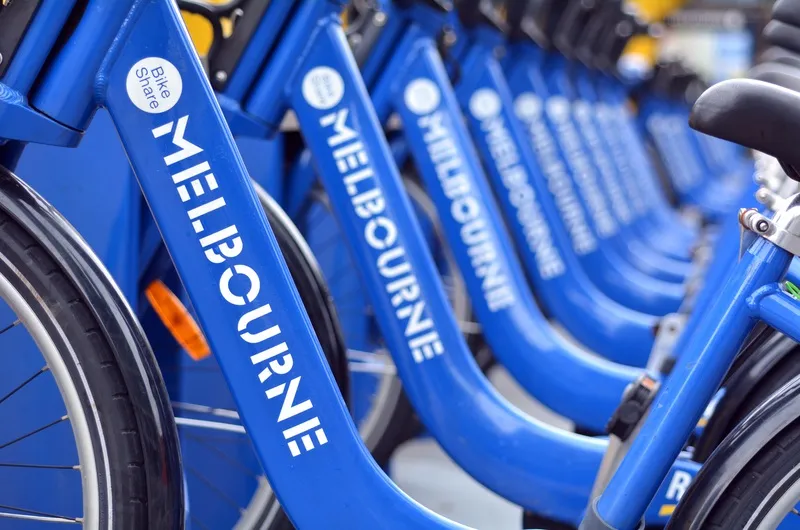Belgian automotive association Touring has criticised the new transport plan for Brussels, calling it a crusade against driving and arguing that it will lead to gridlocks and push companies to move elsewhere. According to Touring, all of the major routes into the centre of the city are to be closed or have their capacity severely reduced, while the number of parking places in Brussels has been cut by more than 1,000 over the past five years. The RER regional train service is not due to become fully operatio
May 9, 2012
Read time: 2 mins
Belgian automotive association Touring has criticised the new transport plan for Brussels, calling it a crusade against driving and arguing that it will lead to gridlocks and push companies to move elsewhere. According to Touring, all of the major routes into the centre of the city are to be closed or have their capacity severely reduced, while the number of parking places in Brussels has been cut by more than 1,000 over the past five years. The RER regional train service is not due to become fully operational until 2020 and so is not seen as a viable replacement for the reduction in automotive capacity. Touring argues that the city council should take advantage of the economic resources of regional public transport operator 5461 STIB; improve traffic light synchronisation; prioritise the construction of park-and-ride facilities in the outskirts of the city; and improve transport links with the other regions nearby.










